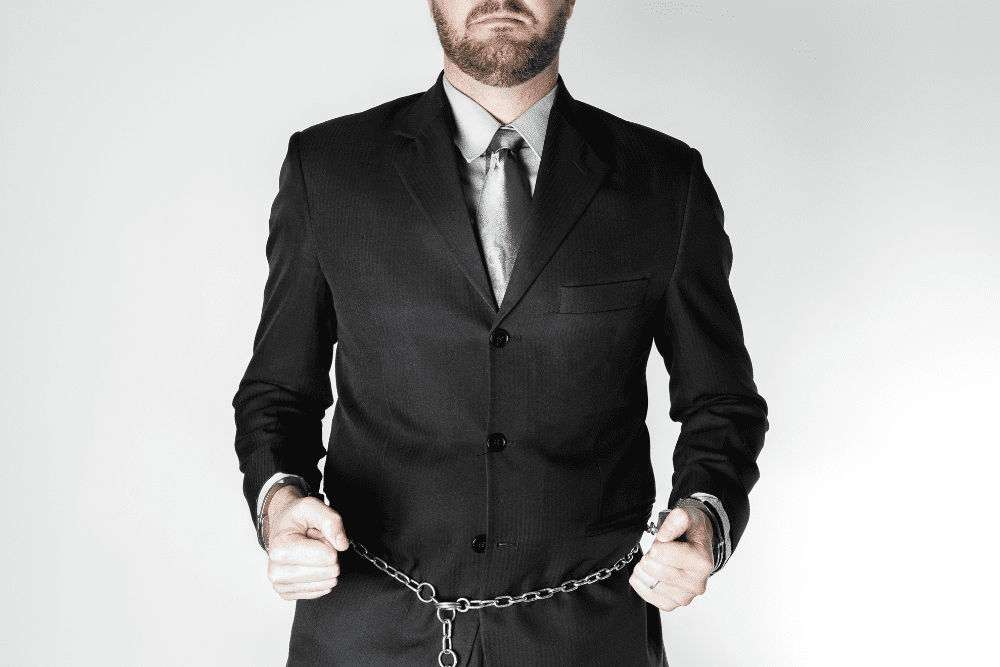Crypto currency is a hot investment now, but like most popular trends, you must be vigilant about fraud in such investment strategies..
A case in Austin highlights how easily deception can happen in these new investment markets. The case prompted the Texas Securities Commissioner filed an emergency cease and desist order for a fraudulent crypto currency trading program.
The Austin investment program promised investors big returns on their crypto currency portfolios, as much as 30 percent per month. The problem, however, is that the product they sold – an internal token – had no real value.
Public interest in crypto currency has sharply increased creating a criminal interest in fraud schemes. You must be careful of fraud-by-nondisclosure claims in this and other markets.
What is Fraud-By-Nondisclosure in TX?
Fraud-by-nondisclosure occurs more often than you may think. If you enter into a contract with someone who doesn’t properly disclose all the details before signing, that could be the basis for this crime.
So how is fraud-by-nondisclosure different from plain fraud?
Basically, a person commits fraud if they make affirmative false representations, i.e. claims of positive projections. But omission of negative statements defines fraud-by-nondisclosure.
How to Prove Fraud-By-Nondisclosure
To be found guilty of fraud-by-nondisclosure, prosecutors must show that a defendant:
- Failed to reveal or purposefully concealed salient facts
- Had a duty to disclose the facts—but did not
- Understood that the other person or entity didn’t know and couldn’t discover these omissions on their own
- Did not speak on this information when the duty was clear
- Intended to induce another’s action or refrain from action by hiding information
- Knew the pertinence of the undisclosed information—the signator relied on this information for decision-making
- Caused injury to another person via this nondisclosure
If you are a victim of fraud-by-nondisclosure, you may be able to recover damages. Compensation could cover:
- Damages for personal injury
- Damages to personal property
- Punitive damages
- Out of pocket damages
- Benefit of the bargain damages
Fraud Penalties in Texas
Fraud-by-nondisclosure is subject to similar punishment as other fraud cases. Of course, there is no broad type of fraud in Texas. Because of this, penalties for guilty fraud charges vary.
The specific type of fraud convictions affect sentencing. The severity of the case can also impact the penalties.
In general, fraud ranges from misdemeanor to state jail felony, all the way to felony.
Misdemeanors, depending on their class, can end in fines or fines in conjunction with jail time.
State jail felonies often involve some amount of time in a state jail as well as payment of fines. Felonies can land you behind bars for decades, plus they may require fines and even restitution to the victims of the fraud.
Because it’s lesser known, people often learn of fraud-by-nondisclosure when it happens to them. That’s why it’s crucial to ensure your comprehension of any contract before you sign.
Research companies with which you do business, especially for volatile markets like crypto currency. You don’t want to miss essential information and open the door for others to take advantage of you.





